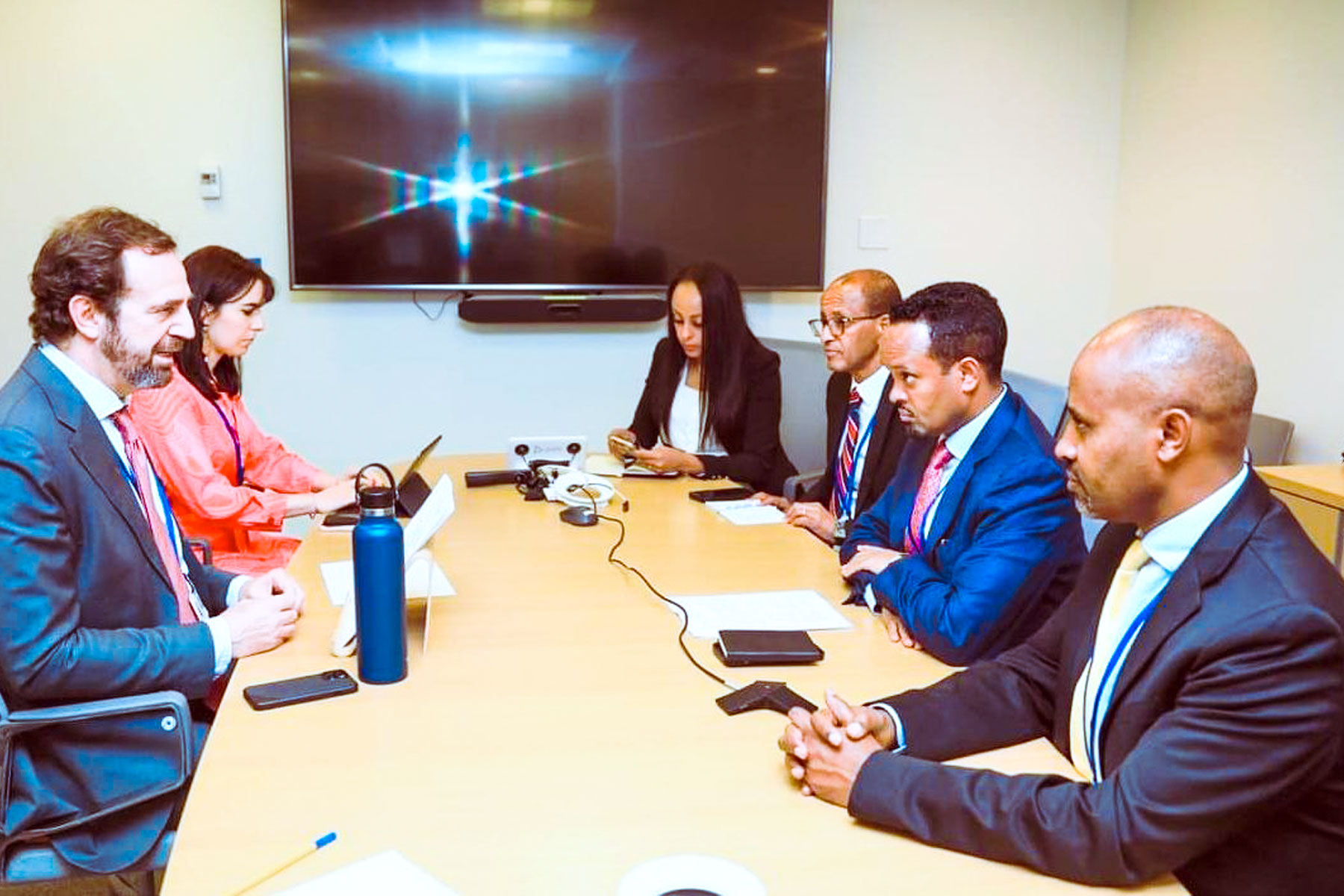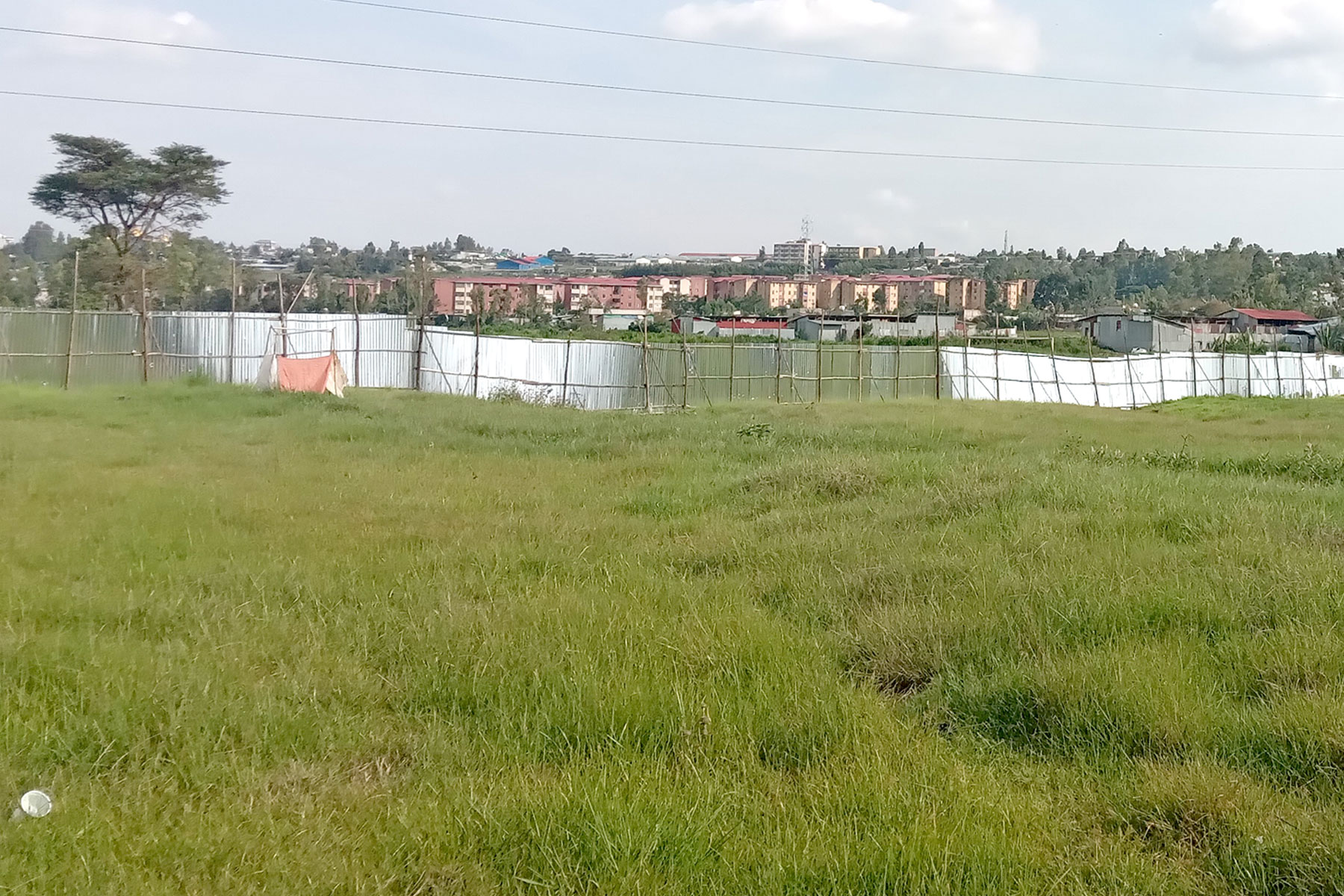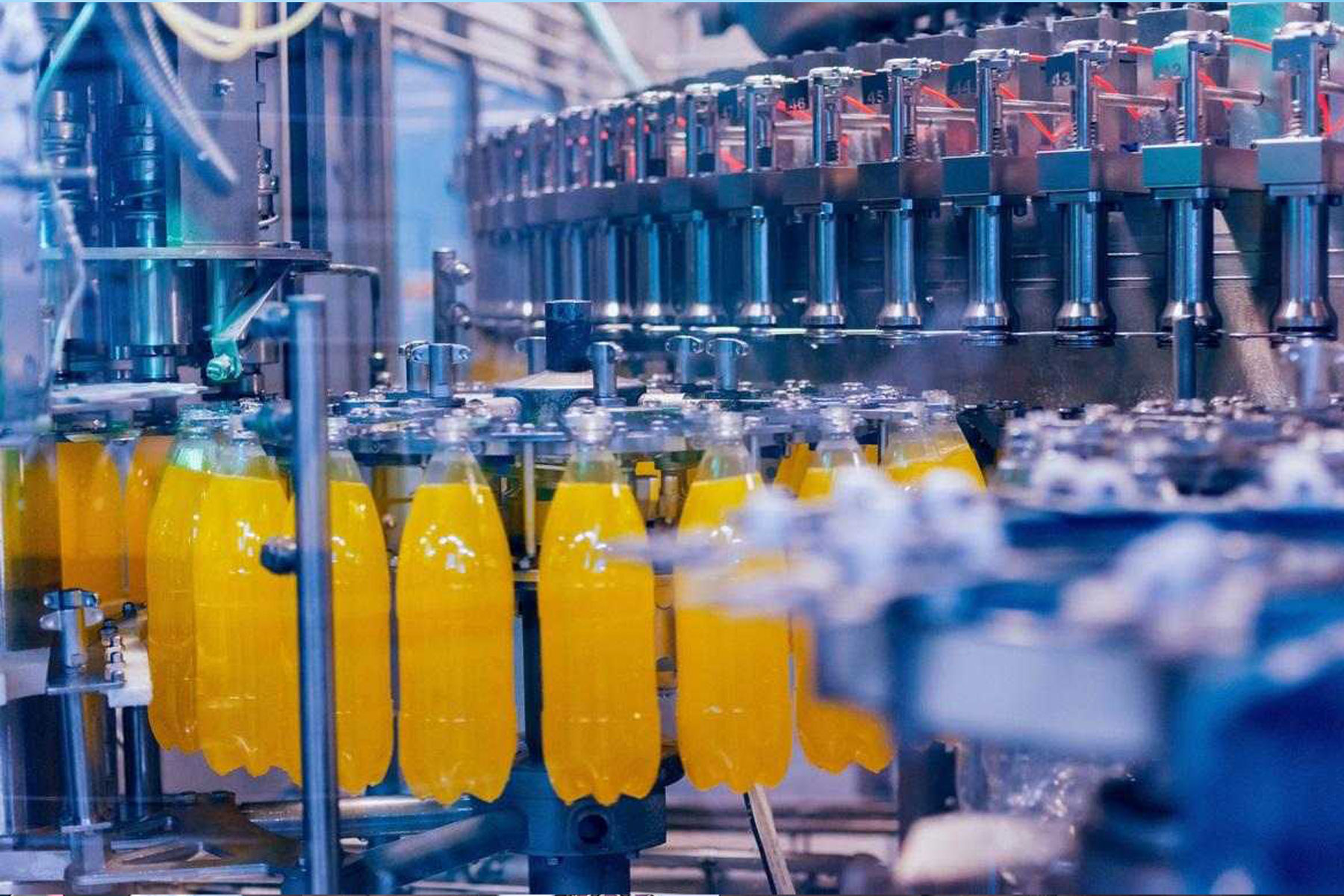
Commentaries | Aug 22,2020
Jul 3 , 2021
By Bjorn Lomborg
Our current climate conversation embodies two blatantly contradictory claims. On one side, experts warn that promised climate policies will be economically crippling. In a new report, the International Energy Agency (IEA) states that achieving net-zero in 2050 will likely be "the greatest challenge humankind has ever faced." That is a high bar, surpassing World War II, the black plague and COVID-19. On the other side, hand-waving politicians sell net-zero climate schemes as a near-utopia that every nation will rush to embrace.
"No one is being asked for a sacrifice," as John Kerry, US President Biden's climate envoy, told world leaders gathered at his climate summit last April.
Both of these claims cannot be true. Yet, they are often espoused by the same climate campaigners in different parts of their publicity cycle. The tough talk strives to shake us into action, and the promise of rainbows hides the political peril when the bills come due.
George Orwell called this willingness to espouse contradictory claims double-think. It is politically expedient and gets climate-alarmed politicians reelected. But if we want to fix climate change, we need honesty. Currently-promised climate policies will be incredibly expensive. While they will deliver some benefits, their costs will be much higher.
Yes, climate change is real and human-made, and we should fix it smartly. But we do not because climate impacts are often vastly exaggerated, leaving us panicked. The UN Climate Panel estimates that if we do nothing, climate damages in 2100 will be equivalent to 2.6pc of global GDP. That is a problem, not the end of the world.
Most people think the damage will be much more significant because climate news only reports the worst outcomes.
Remember how we were repeatedly told 2020's Atlantic hurricane season was the worst ever?
The reporting ignored that almost everywhere else, hurricane intensity was feeble, making 2020 one of the globally weakest in satellite history. And even within the Atlantic, 2020 ranked thirteenth.
When Kerry and many other politicians insist that climate policies mean no sacrifice, they are clearly dissembling. In the UN Climate Panel's overview, all climate policies have real costs.
Why else would we need recurrent climate summits to arm-twist unwilling politicians to ever-greater promises?
The IEA's new net-zero report contains plenty of concrete examples of sacrifices. By 2050, we will have to live with much lower energy consumption than today. Despite being richer, the average global person will be allowed less energy than today's average poor. We will all be allowed less than the average Albanian used in the 1980s. We will also have to accept to shiver in winter at 19-degrees centigrade and swelter in summer at 26-degrees centigrade, highway speeds curtailed and fewer people allowed to fly.
But climate policy sacrifices could still make sense if their costs were lower than the achieved climate benefits. If we could avoid all of the 2.6pc climate damage for, say, one percent sacrifice, that would be a good outcome. This is common sense and the core logic of the world's only climate economist to win the Nobel Prize in 2018. Smart climate policy costs little and reduces climate damages a lot.
Unfortunately, our current double-think delivers the reverse outcome. One new peer-reviewed study finds the cost of net-zero just after 2060 – much later than what most politicians promise – will cost us more than four percent of GDP already in 2040, or about five trillion dollars annually. And this assumes globally coordinated carbon taxes. Otherwise, costs will more than double. Paying eight percent or more to avoid part of 2.6pc damages half a century later is just bad economics.
It is also implausible politics. Just for China, the cost of going net-zero exceeds 7pc to 14pc of its GDP. Instead, China uses green rhetoric to placate Westerners but aims for development with 247 new coal-fired power plants. For the first time, China now emits more greenhouse gasses than the entire rich world.
Most other poorer countries are hoping to follow China's rapid ascendance. At a recent climate conference, where dozens of high-level delegates dutifully lauded net-zero, India went off-script. With other participants squirming, power minister Raj Kumar Singh inconveniently blurted out the truth: net-zero "is just pie-in-the-sky." He added that developing countries will want to use more and more fossil fuels and "you can't stop them."
If we push on with our climate double-think, rich people will likely continue to wring their hands and aim for net-zero, even at considerable costs to their own societies. But three-quarters of future emissions come from poorer countries with more important development priorities of avoiding poverty, hunger and disease.
Like most great challenges humanity has faced, we solve them not by pushing for endless sacrifices but through innovation. COVID-19 is fixed with vaccines, not unending lockdowns. To tackle climate, we need to ramp up our investments in green energy innovation dramatically.
Currently, increasing green energy requires massive subsidies, but if we could innovate its future price below fossil fuels, everyone would switch. Innovation is the most sustainable climate solution. It is dramatically cheaper than current policies and demands fewer sacrifices while delivering benefits for most of the world's population.
PUBLISHED ON
Jul 03,2021 [ VOL
22 , NO
1105]


Commentaries | Aug 22,2020

Sunday with Eden | Jul 18,2021

Commentaries | Jun 10,2023

Viewpoints | Apr 13,2019

My Opinion | Dec 02,2023

Radar | Jun 04,2022

Viewpoints | Apr 30,2022

Radar | Dec 10,2018

Fortune News | Jul 06,2019

Commentaries | Nov 27,2018

Photo Gallery | 96827 Views | May 06,2019

Photo Gallery | 89048 Views | Apr 26,2019

My Opinion | 67196 Views | Aug 14,2021

Commentaries | 65770 Views | Oct 02,2021

Feb 24 , 2024 . By MUNIR SHEMSU
Abel Yeshitila, a real estate developer with a 12-year track record, finds himself unable to sell homes in his latest venture. Despite slash...

Feb 10 , 2024 . By MUNIR SHEMSU
In his last week's address to Parliament, Prime Minister Abiy Ahmed (PhD) painted a picture of an economy...

Jan 7 , 2024
In the realm of international finance and diplomacy, few cities hold the distinction that Addis Abeba doe...

Sep 30 , 2023 . By AKSAH ITALO
On a chilly morning outside Ke'Geberew Market, Yeshi Chane, a 35-year-old mother cradling her seven-month-old baby, stands amidst the throng...

Apr 20 , 2024
In a departure from its traditionally opaque practices, the National Bank of Ethiopia...

Apr 13 , 2024
In the hushed corridors of the legislative house on Lorenzo Te'azaz Road (Arat Kilo)...

Apr 6 , 2024
In a rather unsettling turn of events, the state-owned Commercial Bank of Ethiopia (C...

Mar 30 , 2024
Ethiopian authorities find themselves at a crossroads in the shadow of a global econo...

Apr 20 , 2024
Ethiopia's economic reform negotiations with the International Monetary Fund (IMF) are in their fourth round, taking place in Washington, D...

Apr 20 , 2024 . By BERSABEH GEBRE
An undercurrent of controversy surrounds the appointment of founding members of Amhara Bank after regulat...

An ambitious cooperative housing initiative designed to provide thousands with affordable homes is mired...

Apr 20 , 2024 . By AKSAH ITALO
Ethiopia's juice manufacturers confront formidable economic challenges following the reclassification of...